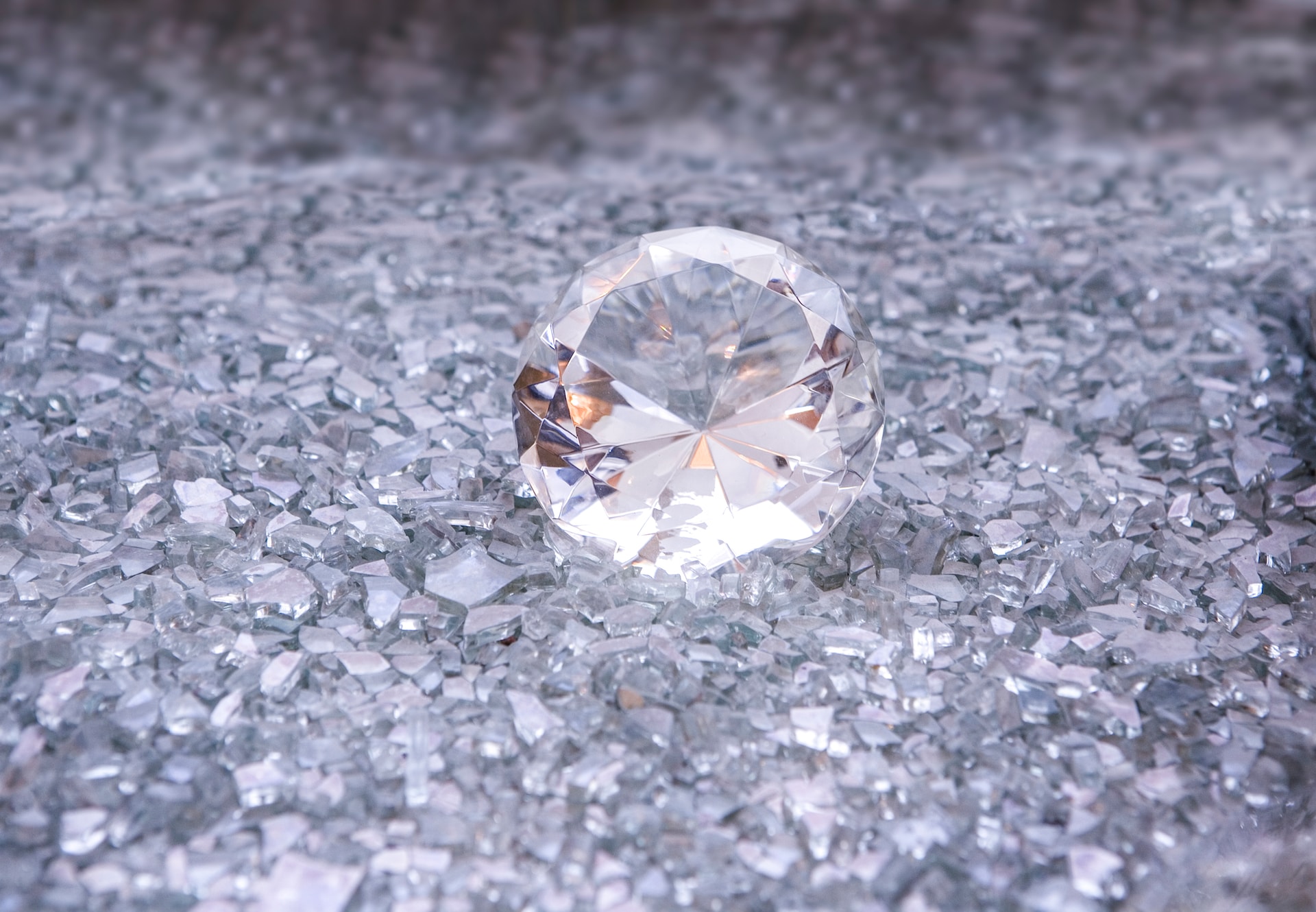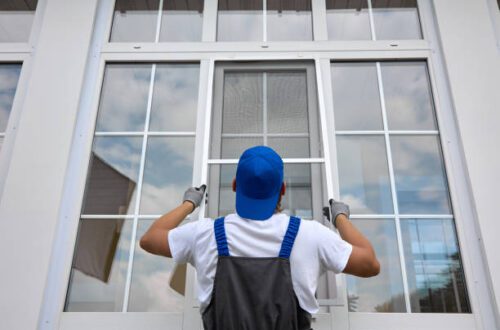Mother Nature and swimmers bring all kinds of things into your pool, including leaves, dirt, hair, suntan lotion, and residues from shampoos and other swimming products. Regular skimming, brushing, and vacuuming keep debris out of your pool and eliminate algae spores.
Proper water circulation is essential, too. A bucket test can help you discover leaks.
Check the Water Level
During times of heavy rain or during hot periods when evaporation occurs, you’ll need to check the water level several times a week and add water as needed. If you notice that the pool is down more than the amount of water in a bucket, it’s time to call a professional to patch the leak.
Splashing is also a factor that causes the water level to drop. A splash shield can minimize this problem.
Calcium, copper, iron, and chlorine levels must be balanced to keep your water safe and clean. You can test the water with a kit that includes general tests for pH and alkalinity, or you can use specialized strips that contain metals. Try the water chemistry at least once a week and take a sample to your local pool store for pro testing at the beginning and end of the swim season.
Clean the Hair and Lint Pot
Mother Nature and the people using your pool bring wild and wacky things into your pool. These can prevent chemical treatments from doing their jobs, make the water unhealthy or unappetizing, or both.
All pool pumps come with a ‘hair and lint’ pot that collects the leaves and debris that get past your skimmer basket. If this gets full, your filter must work harder to suck the water, so check and empty it regularly.
A little baking soda dissolved in water makes an excellent, all-natural scouring cleaner that won’t damage delicate tile or vinyl liner. Vinegar is another great natural cleaning agent that works wonders on metal surfaces like ladder handles. These two items are inexpensive and readily available, so it’s worth spending a few minutes weekly to keep your pool clean and safe for swimming.
Clean the Filter
It’s essential to clean your pool filter regularly to keep it in top condition. It keeps your water clear and safe to swim in and helps to balance the chemicals and eliminate the bacteria.
The best way to do this is using muriatic acid, a typical household and pool maintenance product. However, it’s always a good idea to ask a professional for advice or let them do the task from a pool maintenance company St Louis MO before you use this chemical.
You should also check your pool’s chemical levels at least once a week during summer. It’s also a good idea to winterize your pool (if you live in an area that gets cold) by using an air compressor to blow any residual water out of the pipes, disconnecting everything, cleaning, and then adding nontoxic antifreeze.
Check the Chlorine Levels
Keeping your pool water healthy is suitable for your family’s safety and makes the pool a more inviting place to hang out. The chlorine level in your pool is a vital part of this effort. Chlorine levels are best measured by the free chlorine reading, which reflects how much chlorine is available to destroy germs.
Other necessary measurements include total alkalinity (which buffers pH), calcium hardness, and sanitizer levels. You should test the water for these three items at least weekly and ideally daily. Brushing and vacuuming the pool is also essential for cleanliness and minimizing algae growth and calcium deposits. Use a cleaning tool that won’t scratch or damage your pool’s tile or vinyl liner.
Brush the Walls
Brushing your pool regularly is the best way to get rid of tiny algae formations that can cause problems such as algae blooms, corrosion, etching, and stains. These can become more significant issues requiring more involved treatments such as shocking, a sanitizer to kill the bacteria, or a stain remover to remove the stain.
Brush your pool at least once a week, preferably twice a week, before vacuuming. A nylon brush is better than a metal one to prevent scratching the surface or degrading the grout in your pool liner. Start at the shallow end and work your way around, brushing the ladders and corners as well. This is also an excellent time to clean your skimmer basket.






